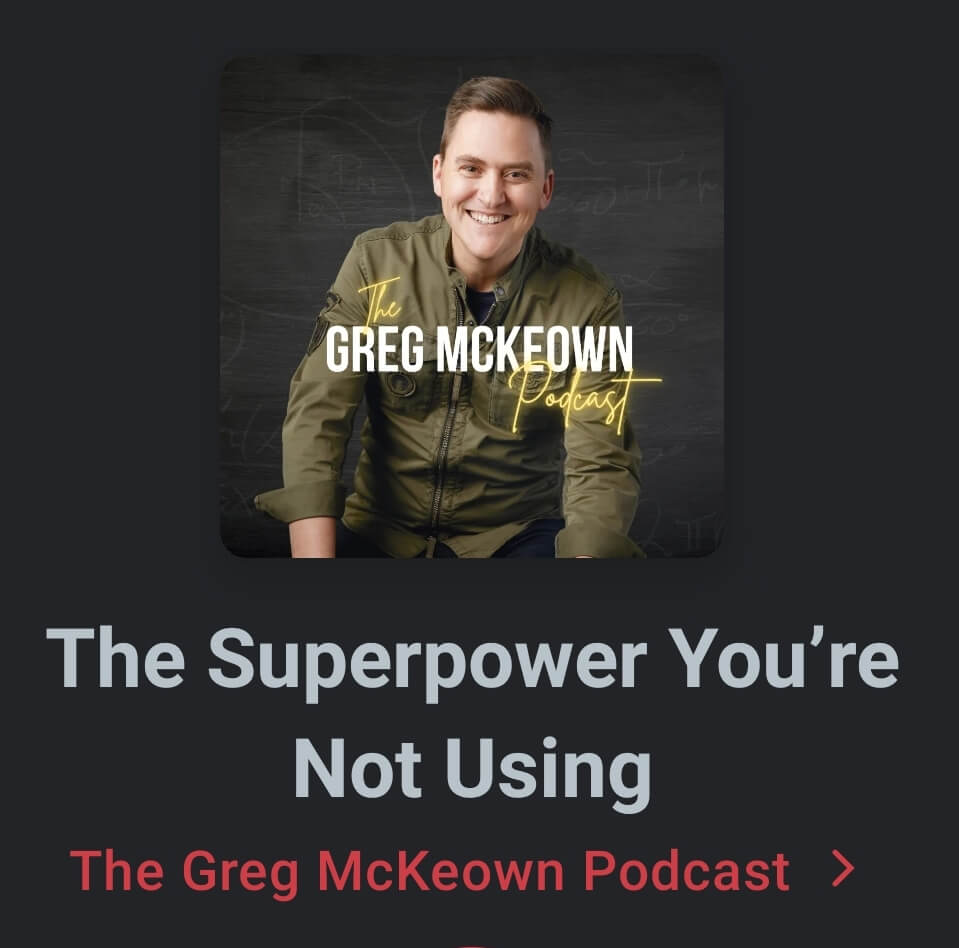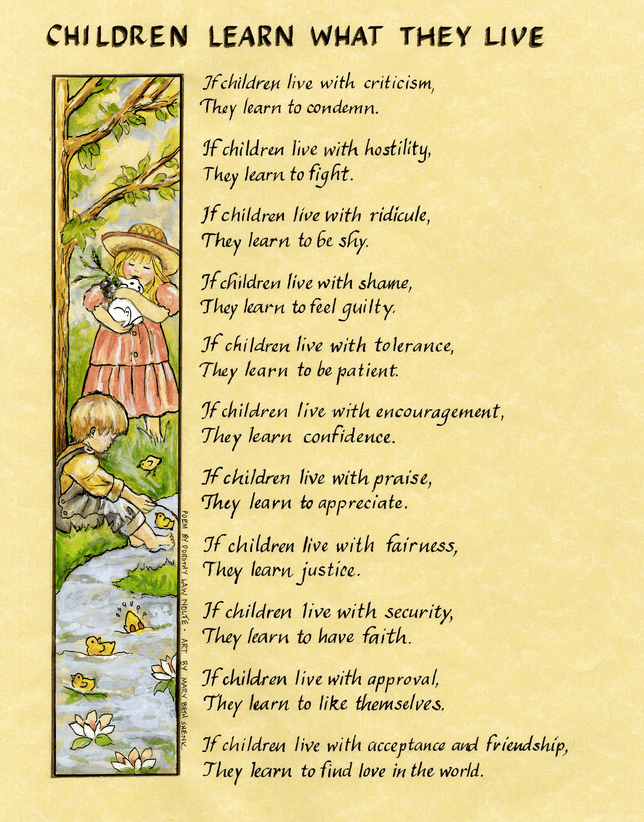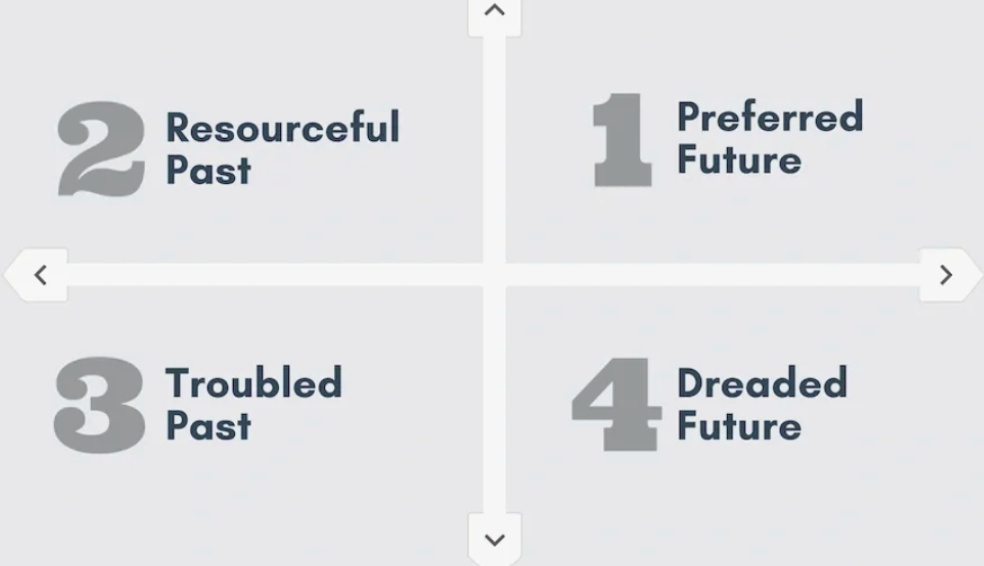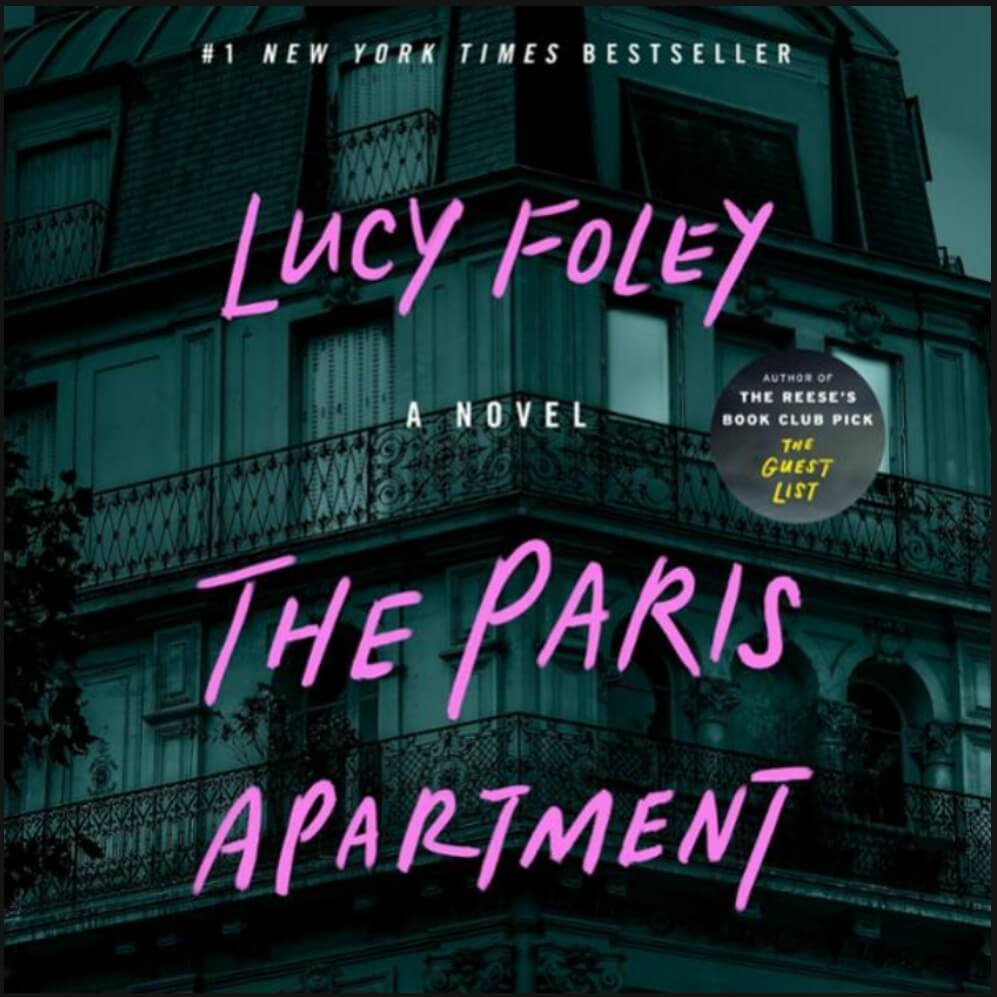Hello Friends!
During the Q&A after a recent Keynote Speech I gave on Leadership Effectiveness, I was asked by one of the attendees “What is one mistake you witness leaders making more frequently than others?”
My answer? “Underestimating the impact of their communication and their communication style.”
SO much of our success as leaders – and as humans! – depends on how we communicate. The words we choose, the voice we use, the intention we have, all strongly influence how others perceive and receive us. Trust, empathy, authenticity, coaching, mentoring are all contingent on effective communication.
There are so many facets to language and how we express ourselves. It’s a topic I find fascinating and hope you do too! Let’s dive in!
WHAT YOU SAY BECOMES WHAT YOU THINK…
The person who is actually affected most by the language we use is US! What we say, the words we choose, the language we use are all factors that influence what we actually think.
One of my all-time favourite TED Talks is Lera Boroditsky’s How Language Shapes the Way We Think. Did you know that Russian-speakers are better able to distinguish light blue from dark blue than English-speakers, because in Russian the two colours have different names?? Talk about language having power! And for languages that have grammatical gender [e.g. a table (der Tisch) in German is masculine, and a house (la maison) in French is feminine], speakers of those languages attribute gendered traits to those items. A German would describe a table using typically masculine adjectives, and a French speaker would describe a house using feminine adjectives, purely because of the unconscious bias that the grammatical gender creates.

“The idea is that the particular language one speaks influences the way one thinks about reality. The most cited example of this in practice is that the Inuit have many words for snow which helps them to name and therefore understand more precisely the reality of their surroundings.” Greg McKeown argues in his podcast that language is the superpower you’re not using! Our choice of words is so important. And who doesn’t want a superpower??!

SOCIALIZATION…
How we are socialized plays an enormous role in how we communicate. Were you taught to express your feelings? Or to hide them? Did your parents model empathy and curiosity when speaking to you? Or were they judgemental and critical? The communication style that children grow up with at home, at school, and in their environment really informs how that child will communicate themself.
I grew up with this brilliant poem hanging on the wall of my childhood bedroom:

Listening to “The Problem with Men” in a recent podcast episode really blew my socks off. I had no idea how many micro lessons on behaviour and communication boys are indirectly taught through their socialization. Yes, this is a political podcast, and yes the topic is geared towards the American Man, but the interplay between how boys are socialized and how they live as men is relevant for most Western societies. The words we use are powerful and carry a much stronger import and impact than we often consider. Leigh interviews Mark Greene about The Man Box – “a set of beliefs within and across society that place pressure on men to be a certain way – to be tough; not to show any emotions; to be the breadwinner, to always be in control, use violence to solve problems; and to have many sexual partners.”
This podcast is a must-listen! You can also watch the interview on YouTube.

LISTENING…
I came across a brilliant interview of a University of Toronto professor, Haesun Moon, which combines two of my passions: linguistics and coaching! Dr. Moon has written a fabulous book called Coaching A-Z: The Extraordinary Use of Words. The book offers 26 powerful everyday words to add to your vocabulary in order to be a better communicator, coach, and listener.
One of my favourites is C: Care. Did you know that the Latin word for care ‘cura’ is the root for the word curate? I love that! One of my core values is sharing, and one of the key ways I embody that is by curating this newsletter. Isn’t that such a cool intersection? And ‘cura’ is also the root of curiosity – you are literally showing you care by being curious!
Dr. Moon has also come up with what she calls the “Dialogic Orientation Quadrant” (quite a mouthful!) which is essentially a listening compass.

The horizontal axis is Time – from past to future. The vertical axis is Content – positive content above the line and negative content below. I love this as a way of honing your listening! Someone talking about their Preferred Future is describing not a destination, but a description of what they would like to be, have, accomplish, do.
WHAT I’M READING…
Whose book recommendations do you trust implicitly?? My cousin Chrissy has fantastic taste in books and when she recommends something, regardless of whether the book summary sounds like something I’d enjoy reading or not, I read it. (If you haven’t read Richard Wagamese’s Ragged Company, you really must. Chrissy recommended it to me years ago and it is a story that has stayed with me till today. An absolute treasure of a book!)

Several people recommended American Dirt to me, but the blurb didn’t really grab me. Frankly, the story sounded a bit depressing: a Mexican woman trying to flee to the US with her son after her entire family is gunned down by a cartel. But since my cousin recommended it, I knew I had to read it! And I was not disappointed. The story was so compellingly told that I was hooked right from the start. It really puts you in the shoes of someone forced to make impossible decisions.
WHAT I’M LISTENING TO…
You know I love a good audiobook. For me, the story is important, but even more so is the narration. The Paris Apartment by Lucy Foley is told from the perspective of the five main characters in this tale – each living in one of the apartments in a building in Paris and all intertwined in ways at first unknown to Jess, the protagonist. Jess is in Paris to visit her brother, Ben. But when she shows up at his apartment, he’s nowhere to be found. When he doesn’t turn up, Jess starts investigating where he might be, leading her into a complex family story of intertwined ambitions, desires, and motivations. It’s a good story, made even better by the fabulous narrators, all of whom seem to be both native English and native French speakers, and bringing a real sense of the characters to the story. It was like having a full stage play in your mind’s eye! I’m pretty sure that the different voices and accents were what really brought the story to life for me. If you’re planning any road trips this summer, this is the audiobook for you!

I hope you are enjoying a wonderful summer so far! If you’ve read something wonderful recently, please do share!
Wishing you a wonderful week, and looking forward to more caring/curating/curiosity in our communication!
Stay healthy!
Hugs,



